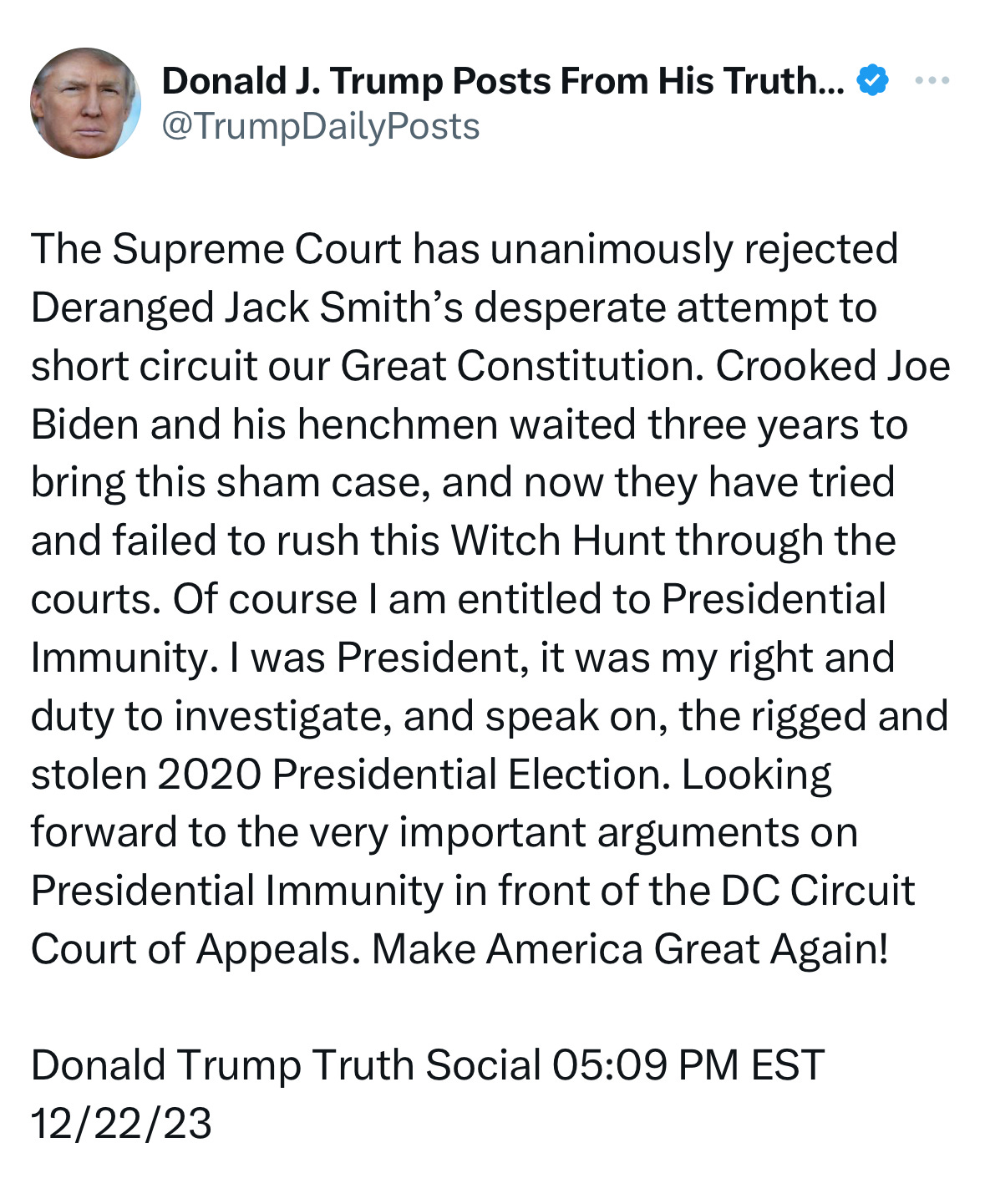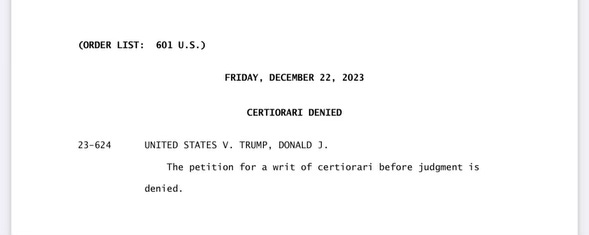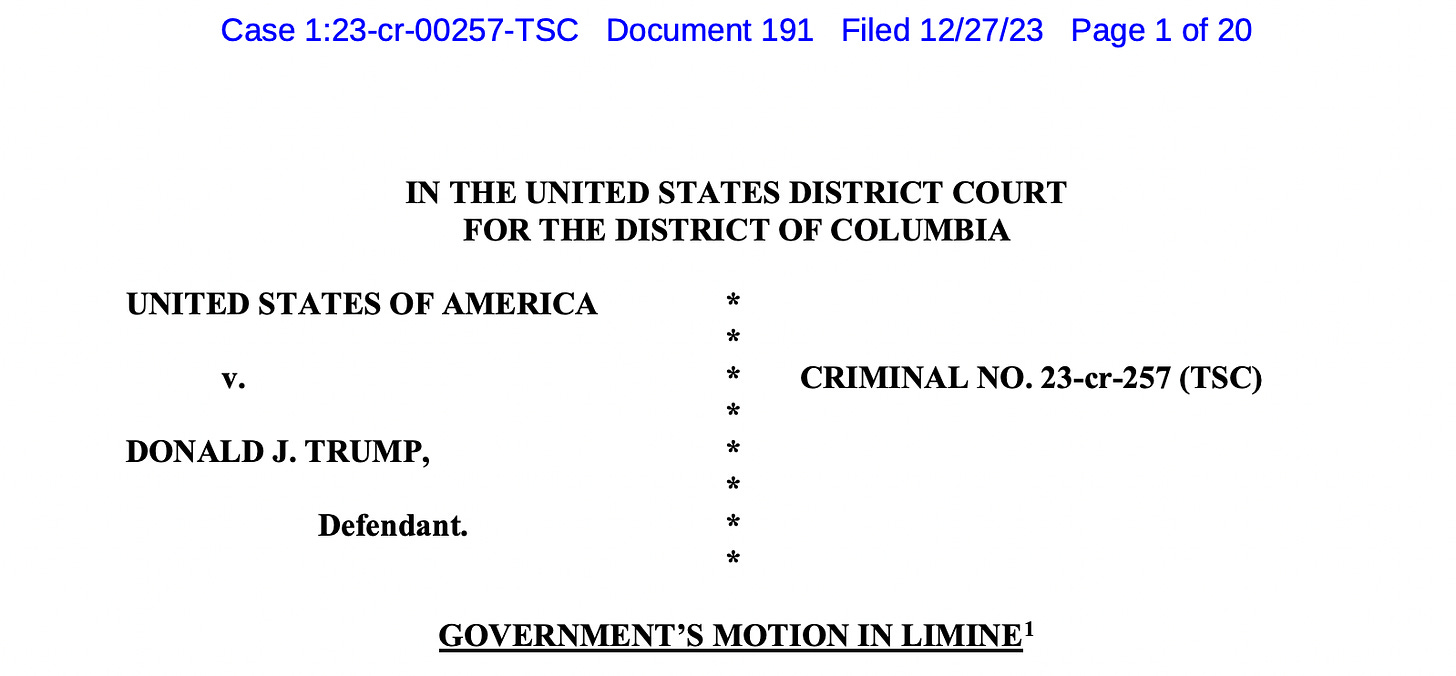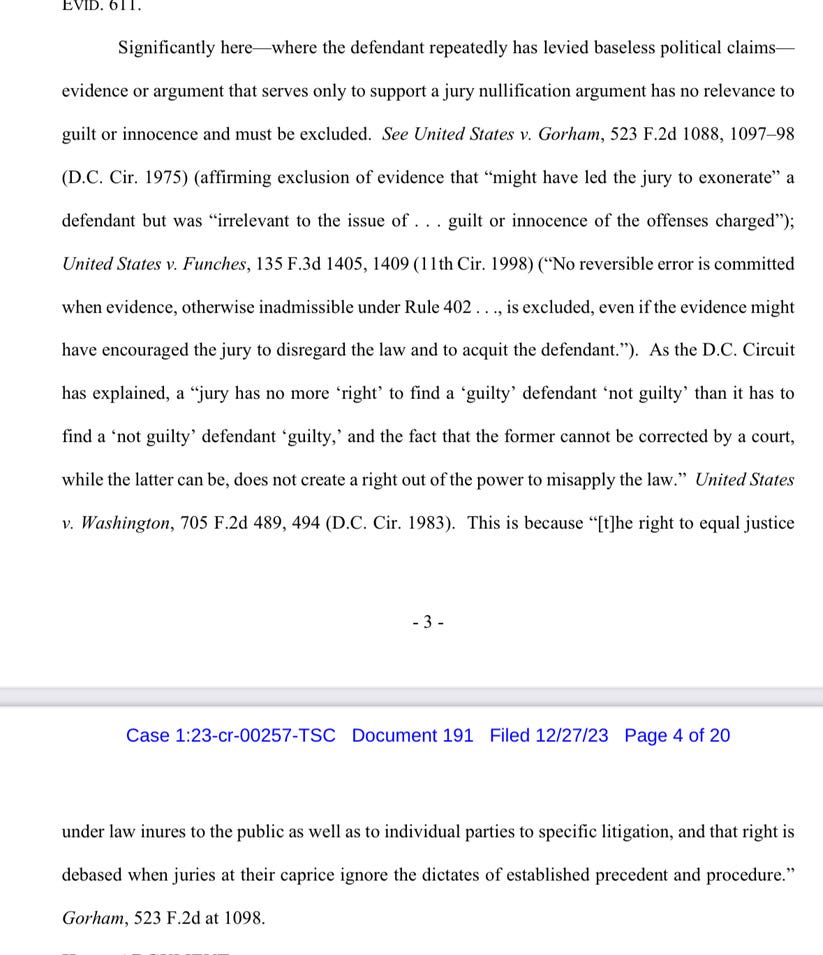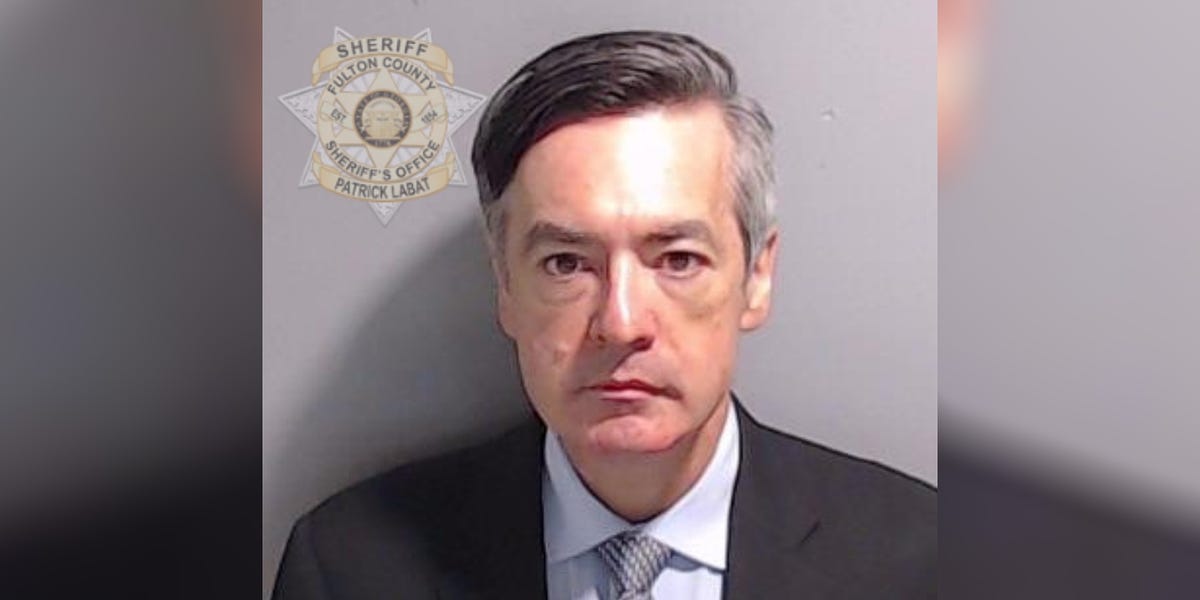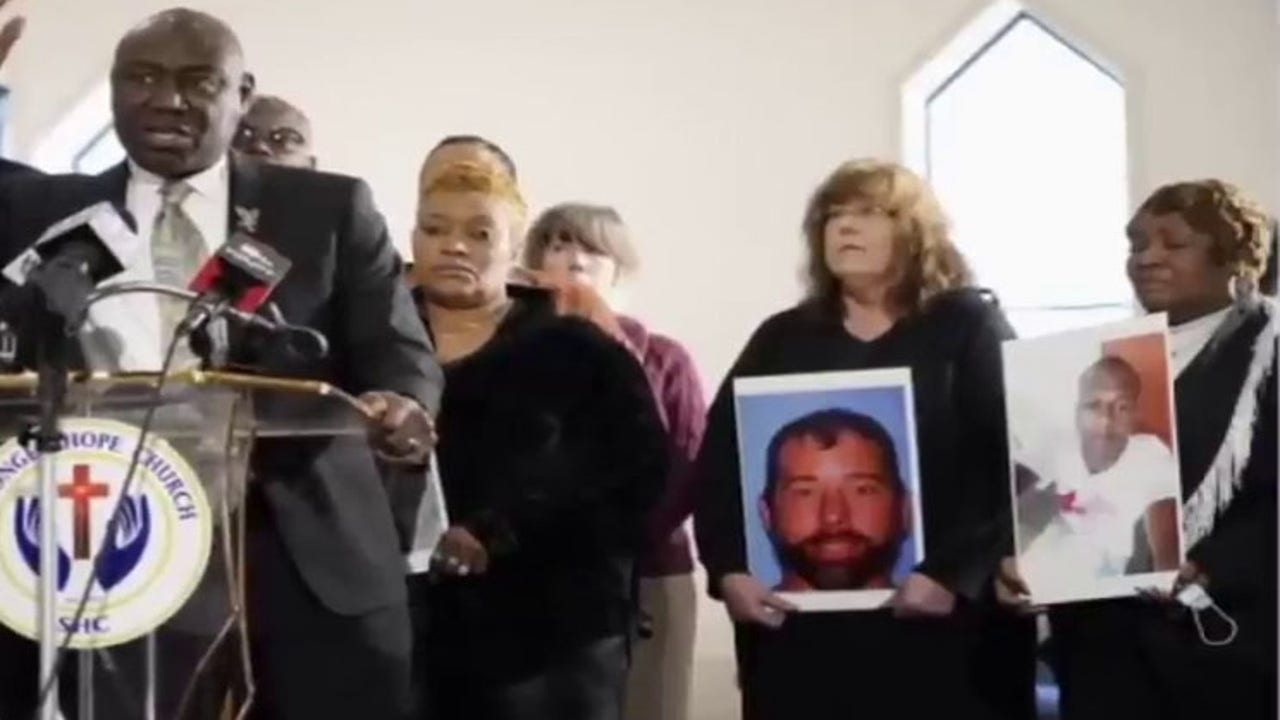San Souci
Diamond Member
- Feb 4, 2020
- 6,329
- 4,890
- 1,940
Can you prove Trump did anything wrong? Ya goddam Commie.Prove it. Try. MAGA has been desperate to prove it. Can you come up with the smoking gun?
Follow along with the video below to see how to install our site as a web app on your home screen.
Note: This feature may not be available in some browsers.
Can you prove Trump did anything wrong? Ya goddam Commie.Prove it. Try. MAGA has been desperate to prove it. Can you come up with the smoking gun?
Biden and Pence and others did it by accident.Biden left 'em in his Garage.
Rest. And go vote on November 5, 2024.Can you prove Trump did anything wrong? Ya goddam Commie.
Biden did NOT return anything. They were found in his Garage. Not in a safe protected by the Secret Service.Biden and Pence and others did it by accident.
They all returned the documents when requested to do so.
Trump took and kept boxes and boxes on purpose and did not want to return them. Now live with that.
Neither did Pence or any others.Biden did NOT return anything. They were found in his Garage. Not in a safe protected by the Secret Service.
